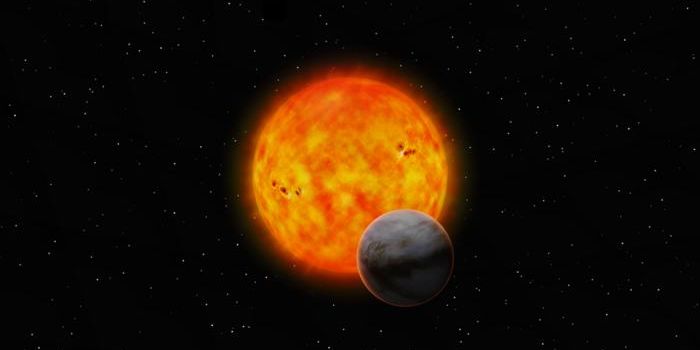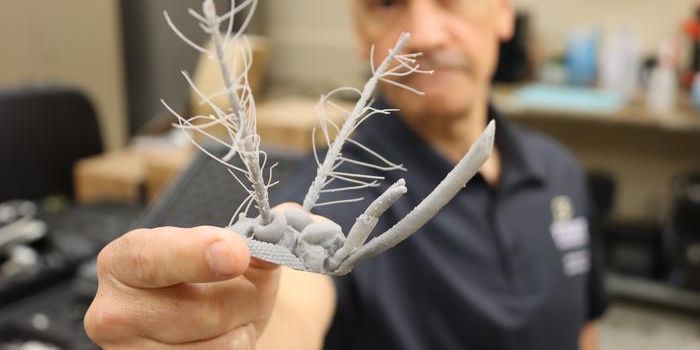Are insects really going to die off for good?
Warnings about an "insect apocalypse" have been making headlines in ecology and conservation news in the past several years, but according to a University of Georgia professor of agroecology, these warnings may not tell the whole picture. Bill Snyder, together with researchers from UGA, Hendrix College and the U.S. Department of Agriculture, analyzed data on insects across the US to determine if the anticipated decline is really on the horizon.
The study idea came about as a genuine curiosity of Snyder’s. “We depend on insects for so many things," he said. "If insects disappear it would be really, really bad. Maybe the end of human existence."
The team used over 5,300 data points of insects and other arthropods collected within the last 4-36 years at monitoring sites in 68 Long-Term Ecological Research (LTER) sites in the US. They sampled data including grasshoppers in the Konza Prairie in Kansas; ground arthropods in the Sevilleta desert/grassland in New Mexico; mosquito larvae in Baltimore, Maryland; macroinvertebrates and crayfish in North Temperate Lakes in Wisconsin; aphids in the Midwestern U.S.; crab burrows in Georgia coastal ecosystems; ticks in Harvard Forest in Massachusetts; caterpillars in Hubbard Brook in New Hampshire; arthropods in Phoenix, Arizona; and stream insects in the Arctic in Alaska.
Snyder found insect population trends have stayed the same in abundance and diversity. According to Science Daily, this consistency was seen across arthropod feeding groups and for heavily disturbed versus relatively natural sites.
"No matter what factor we looked at, nothing could explain the trends in a satisfactory way," said lead author Michael Crossley. "We just took all the data and, when you look, there are as many things going up as going down. Even when we broke it out in functional groups there wasn't really a clear story like predators are decreasing or herbivores are increasing."
These findings were published in Nature Ecology and Evolution. Crossley, an agricultural entomologist, adds, "This is an implication for conservation and one for scientists, who have been calling for more data due to under-sampling in certain areas or certain insects. We took this opportunity to use this wealth of data that hasn't been used yet. There's got to be even more data sets that we don't even know about. We want to continue to canvass to get a better idea about what's going on."
That being said, Crossley and Snyder say that while this it is hopeful news that there are not overall declines in the US, we can’t deny the drastic populations declines in pollinations in the US and overall insect decline in Europe.
Sources: Nature Ecology and Evolution, Eureka Alert









